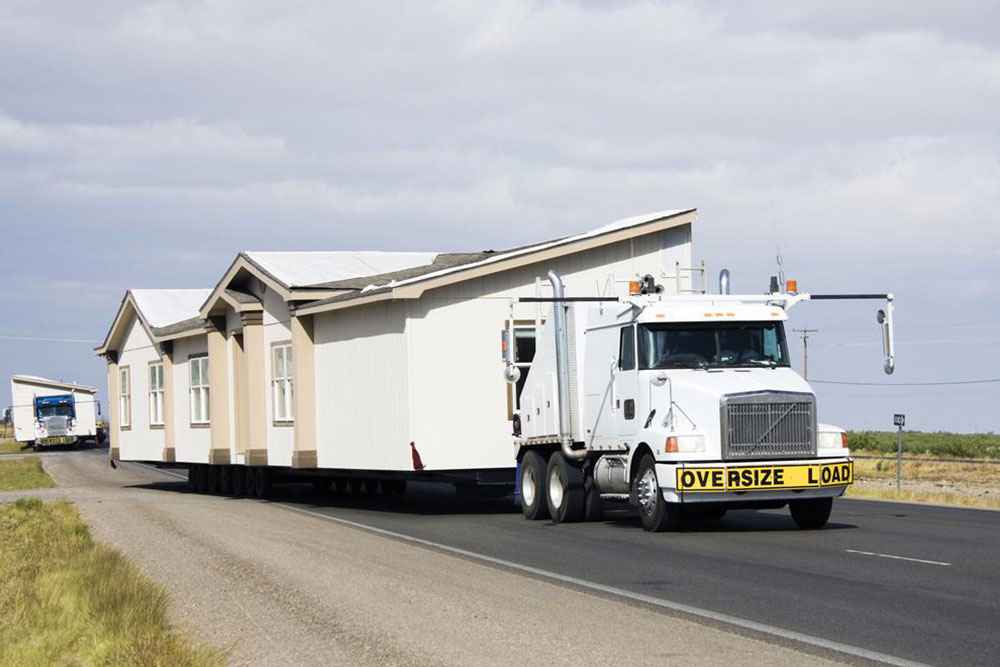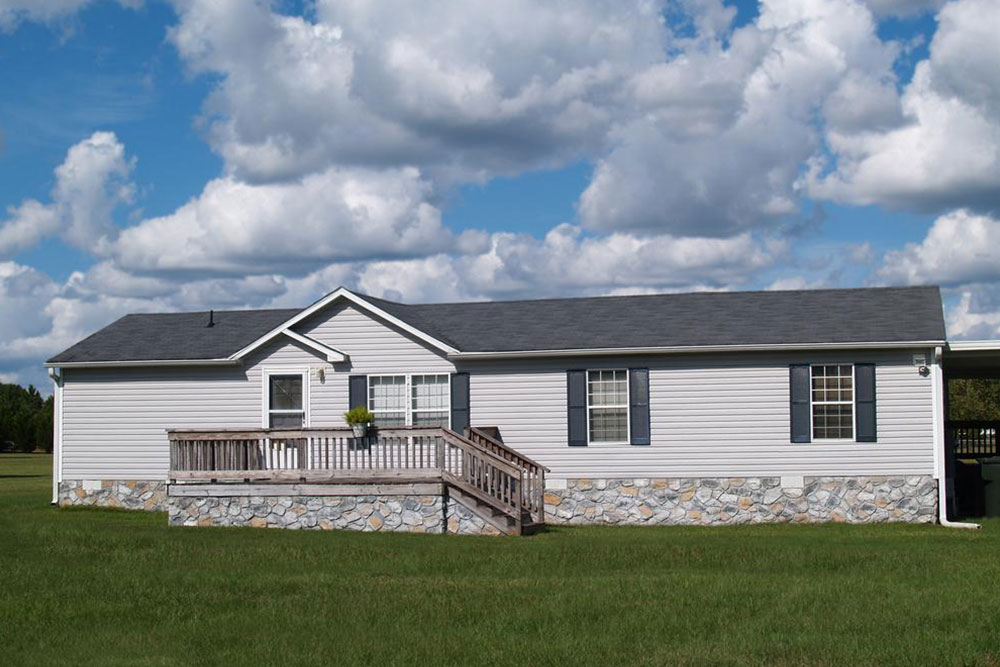Understanding Public Housing Programs
This article offers a comprehensive overview of public housing programs, including eligibility, application procedures, verification steps, and how to address discrimination issues. It provides clear guidance for low-income families, seniors, and individuals with disabilities seeking affordable housing options. Understanding these processes can help applicants navigate the system effectively and access suitable housing assistance through government agencies.

Understanding Public Housing Programs
Public housing encompasses affordable rental apartments or houses managed by government agencies, aimed at assisting low-income individuals, seniors, and those with disabilities. Administered nationwide under the Department of Housing and Urban Development (HUD), the housing options vary from single-family homes to high-rise apartments.
Am I eligible for public housing?
Your local Public Housing Authority (PHA) evaluates if you qualify based on factors like citizenship, immigration status, income level, age, disability, and other criteria.
Income guidelines set by HUD serve as eligibility benchmarks for the PHA.
Upper income limits are typically capped at 80% of the median income in your metropolitan area.
Very low-income thresholds are usually designated as 50% of the median income for your locale.
These income figures are based on regional median family incomes and fair market rent data for each area.
Since income limits differ by location, eligibility in one area doesn't guarantee qualification elsewhere.
How can I apply for public housing?
You or your PHA representative must submit a detailed written application on your behalf.
The application requires personal information, including the names, genders, birth dates, and relationships of all family members residing with you.
Current address and contact details are also necessary.
Priority may be given based on family circumstances, such as veteran status or living in substandard housing conditions.
References from current and prior landlords are requested to assess your suitability as a tenant.
An estimate of your family's income, sources, and projected earnings for the upcoming year is required.
Information about your employment, banking, and financial sources will be verified to confirm eligibility.
Is there a verification process?
Following application submission, a verification process begins.
A PHA official conducts a home visit to assess your living situation.
This includes interviews with you and your family members during a formal inspection.
After gathering all details, the official explains the program's requirements and answers questions.
Supporting documents like birth certificates and tax returns are reviewed.
The official may contact your employer, bank, or references for verification.
You will need to sign consent forms for information release.
How to check your application status?
The PHA will notify you in writing about your application's progress.
If eligible, your name will be placed on the waiting list.
The PHA will inform you when a unit becomes available.
Additional information about public housing
For specific questions or assistance regarding the application process, contact your local PHA.
Wait times can be lengthy due to high demand and limited availability.
If demand exceeds supply, the waiting list may be temporarily closed.
Where to file complaints?
Discrimination based on race, religion, sex, national origin, family status, or disability is illegal.
You can submit a complaint to HUD using the appropriate forms.
The Fair Housing Act prohibits unfair practices such as price gouging or misrepresentation regarding housing availability.
These guidelines offer a basic understanding of the public housing process. Applying for such housing involves several steps, so it's important to stay informed and prepared.










